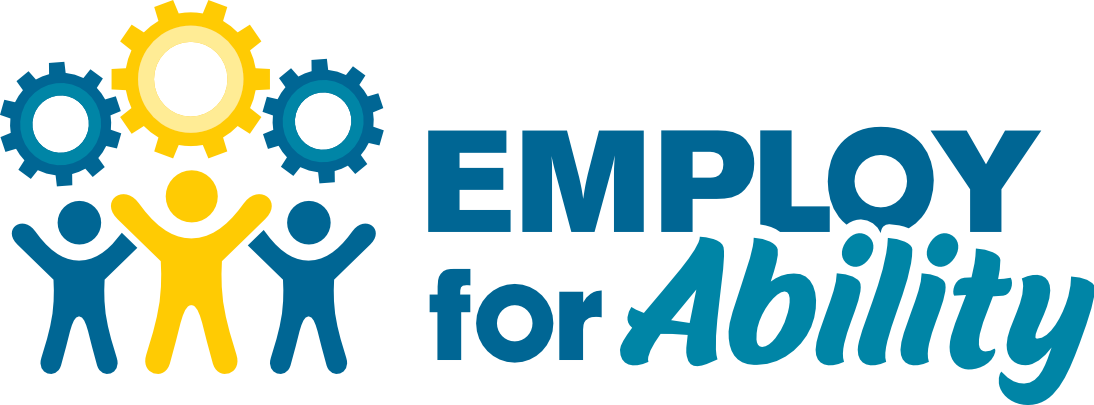Interviews are one of the most commonly used recruitment techniques by employers to determine the most suitable individual for an advertised role. A successful interview requires appropriate social and communication skills and confidence to progress to the next stage of the hiring process. For many, interviews can be anxiety-provoking to some extent, although still manageable. For individuals with an autism spectrum disorder (ASD) diagnosis, the anxiety that is produced by a generic interview is tenfold. Autistic individuals may experience difficulties with social and communication skills and interpreting nonverbal cues, therefore, approaching an interview is more difficult without alternatives or adequate skills to manage the situation, and thus, creating an initial barrier to finding employment.
“Sometimes (we) miss out on good opportunities because someone less capable presents better in an interview. I have to work harder and achieve more to reach the same level as people with better social skills” Disability Supports Coordinator, Australia (ERE, 2019)
Studies suggest that the transitional period from adolescence to adulthood is a time of increased depression and anxiety contributing to the high rates of unemployment in individuals with ASD (Payne, 2016). Having adequate skills to communication during an interview is likely to increase confidence, but what happens if you have a negative experience in an interview? The effect of a negative experience with an interview is likely to decrease self-confidence and further hinder finding employment opportunities. A large proportion of the ASD population in Australia are unemployed with the most common barriers involving a lack of support and the inability to attend interviews.
Changing the environment of the interview, whether it’s a different recruiting process or accommodating the individual with a familiar, comfortable environment and questions they can answer is crucial. Many studies include work experience and internships as an effective means of determining the right fit for a job and an alternative to the traditional interview model (Wehman et al., 2012). An interesting quote from Bill Wong, an autistic occupational therapist represents this idea well. “For autistic individuals to succeed in this world, they need to find their strengths and the people that will help them get to their hopes and dreams… A supportive environment where they can learn from their mistakes is what we as a society need to create for them.” (The Art of Autism, 2020).
Creating environments where individuals with ASD can thrive in an interview setting and workplaces that fit their areas of interest is necessary. Although these individuals experience difficulties with social and communication skills, they often have high levels of organisational skills, concentration and attention to detail. Stereotypically, individuals with ASD may not seem like an appropriate fit for a job, but the reality is they have many skills to offer in environments that cater to them.
“Our lack of interview skills does not necessarily mean we lack job skills.”
Software Tester, USA (ERE, 2019)
Giving autistic individuals the opportunity to display their skills and abilities in an environment that supports them should be the main focus of the recruiting process. Some ways to accommodate these individuals is swapping an interview for work experience or trials where they can display their skills in a practical way. Allowing the individual to demonstrate their skills while being observed may be a better predictor of their suitability for the job rather than an attempt to articulate their skills in an interview. Series of online psychometric testing may also be a more appropriate way of testing suitability for a job and an alternative to demonstrating their skills.
If an interview has to occur, how can it be made easier for the individual? Allowing the interviewee to bring a support person along may be beneficial to reduce anxiety and assist with better communication. Giving the individual prompts or leading with previous employment experiences may be more beneficial than asking abstract or general interview questions. The interviewer may also want to give the individual clear guidelines of what the interview will consist of, to better prepare them. One of the most important things a manager or recruiter can do is being flexible and understanding that an individual with ASD will likely need accommodations to some degree.
Finding alternatives to the traditional interview model is an essential step for improving the employment rates of individuals with an ASD diagnosis. Studies have shown work experience and internships are more effective ways of displaying skills rather than an interview which relies on verbal communication. As we know, individuals with an ASD diagnosis have increased difficulties with social and communication skills. Observation, work trials and psychometric tests have also been proven to be effective measures of suitable skills. If interviews are the only option in a recruiting process, accommodating for the individual by asking specific rather than abstract questions, allowing them to bring along a support person and accommodating any needs they may have should be the focus.
This article was created by Elise Bulless as part of her Internship at Employ for Ability.
Elise is in her final year of a Bachelor of Science in Psychology at the University of Canberra.
David Smith for Employ for Ability – Linkedin + Facebook
An autism and neurodiversity employment specialist and advocate.
Working for the last 20 years in the recruitment sector coaching and mentoring clients, candidates and staff to reach their potential.

